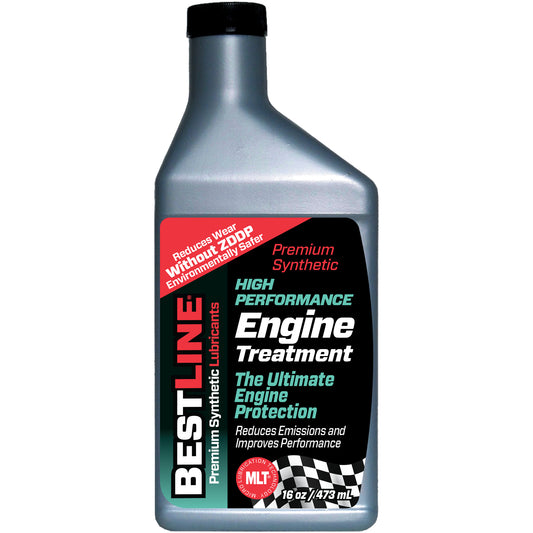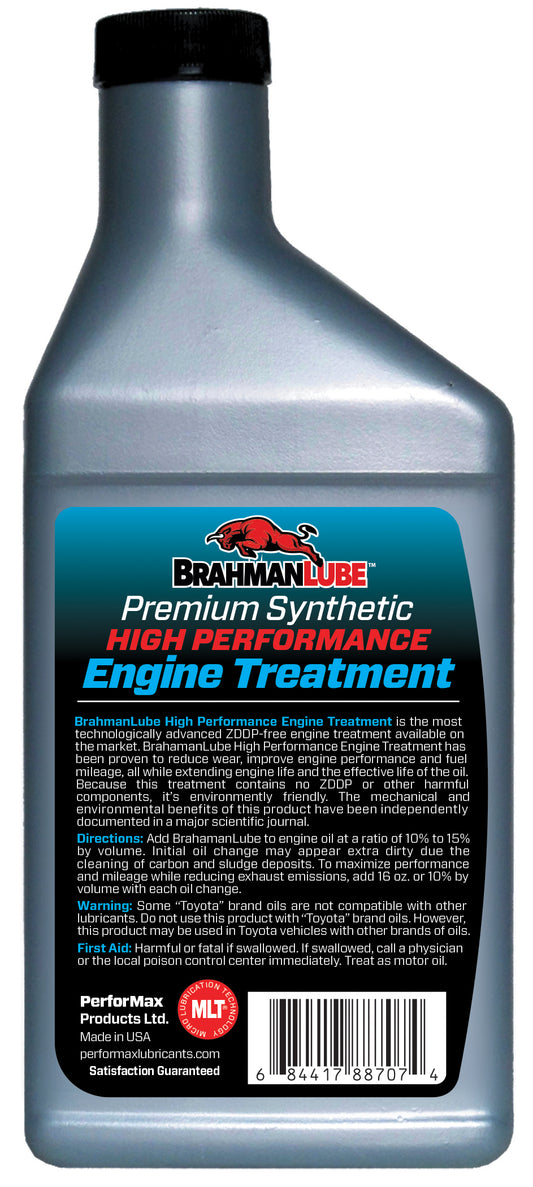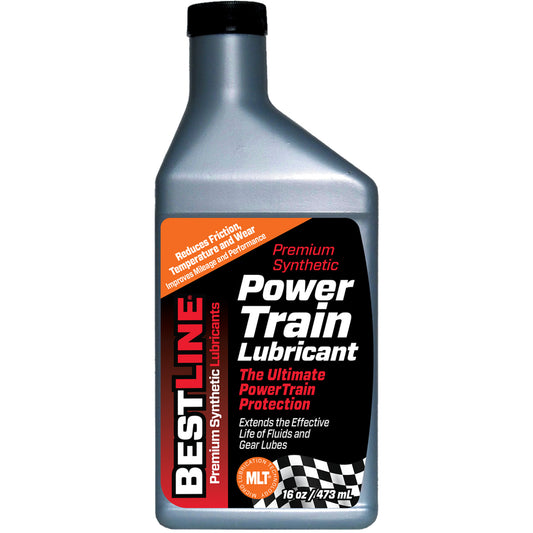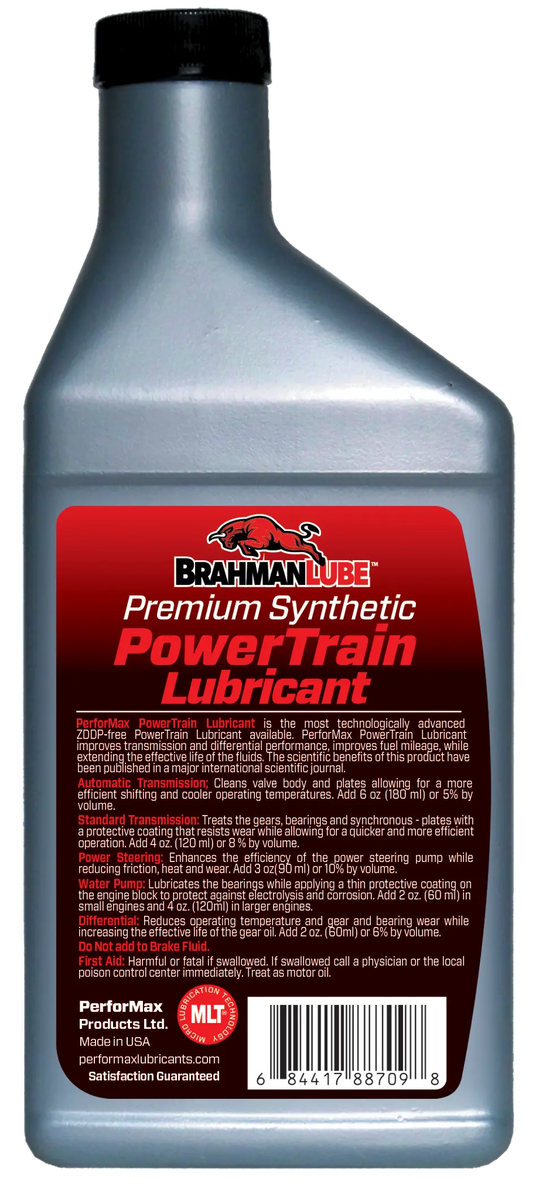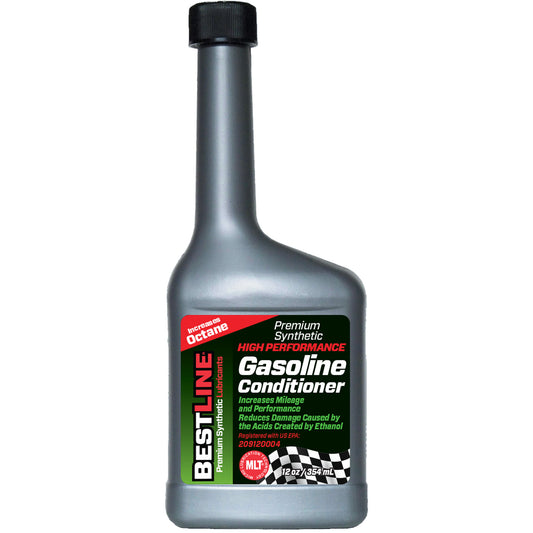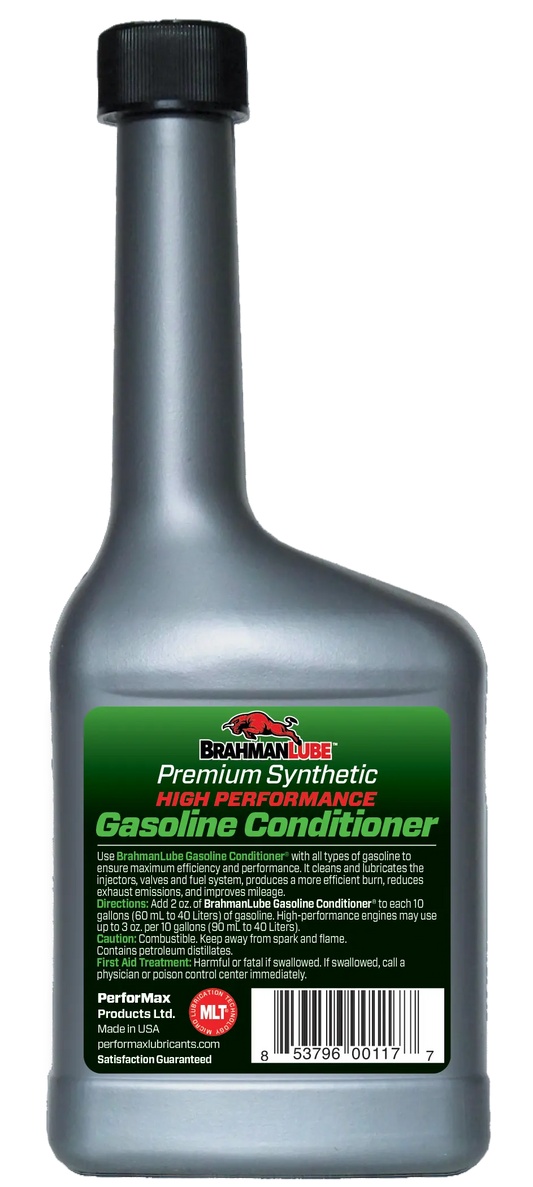Laboratories and Institutes
Swiss Federal Institute of Technology (EPFL) - Their study demonstrated a 94% reduction in wear and provided a scientific explanation of Bestline's Micro Lubrication Technology.
- New lubrication paradigm
Download Report Here
American Petroleum Institute (API) - The API, because a number of tests were successfully completed, EOLCS certification was granted to BestLine authorizing it to display the Energy Conserving "API Service Symbol"
- Authorized to display API Service Symbol
Sequence VIII - This test, conducted by Intertek Automotive Research, evaluates a lubricant's performance in combating wear and maintaining viscous shear stability.
- BestLine maintained constant viscosity with extremely low bearing weight loss
Sequence VIB - This test (ASTM 6837), conducted by Southwest Research Institute, measures the effects of automotive engine oils on the fuel economy of passenger cars and light trucks.
- With a 1.51% fuel savings, easily surpassed the minimum qualifying test requirement of a 0.8% savings in fuel
ASTM-D 6079, Evaluation of Diesel Fuel Lubricity - Using this high frequency reciprocating rig scar test, conducted by Intertek Caleb-Brett, which permits a maximum wear scar of 520 microns, with BestLine added, the wear scar was only 352.
- BestLine Diesel Fuel Treatment Reduces wear by over 25%
Combustion and Power Laboratory of Taiwan - Treating both the oil and the fuel, using a YAMAHA ME200F, 2000cc, 3 cylinders, direct injection Diesel engine and CPC Super Diesel Fuel.
- Fuel consumption reduced by 9.9% and emissions reduced by 13.9%
Gazole EN590 - A certification procedure conducted by Intertek France to validate effectiveness of BestLine's Diesel Fuel Treatment.
- Entitled for European distribution
CRC L-38 - Tests ability of an Oil to Protect an Engine: Following ASTM D-5119-90 protocol and conducted by Perkin-Elmer Fluid Science Automotive Research, this test measures bearing wear and the accumulation of sludge and varnish. This test on BestLine's Engine Treatment achieved the best score ever recorded by the lab.
- Scoring 58.30/60 on varnish and 58.80/60 on sludge tests, with 60 being the perfect score
Primary Parameter of Engine Deviations - Tests were conducted on the various engine components with each being inspected at the completion of the test to evaluate any changes the test oil (with BestLine Engine Treatment added) may have had on the engine according to ASTM, ACC and API protocol.
- No deviation recorded
ASTM D-2981: Block on Ring Test - The test measures wear, friction and temperature. Comparing the base oil with and without BestLine added.
- Friction reduced by 48%, temperature reduced by 38.7%, and wear reduced by 78.8%
ASTM D-130: Copper Corrosion Test - This test, by Powertech Labs Inc., determines an oil's ability to prevent corrosion.
- 1-A: No corrosion
Viscosity Test - Refer to Sequence VIII above.
- No change in viscosity
ASTM D-5185: Metal Analysis - A sample of BestLine's Engine Treatment was subjected to a metal detection of Aluminum, Barium, Copper, Chromium, Iron, Lead, Nickel, Molybdenum, Zinc, Silver, Tin and Vanadium.
- No metal detected


Third Party Tests
Marine Vessel "F/V Challenger" (under Captain Peterson) - After treatment of one of the two Caterpillar Diesel Engines and running both engines under identical circumstances.
- Fuel consumption reduced by 10.97%
Download Report Here
CD & Power, a generator service company - Treating a 1 MW Generator with Diesel Fuel Treatment.
- Fuel consumption reduced by 11.3%
Download Report Here
Race Engine Builder Glen Hutchison and Andrew Peeler race car driver - Dynamometer test of an engine treated with BestLine Engine Treatment compared to running the leading race oil without BestLine.
- With BestLine in the oil, Horsepower boosted by over 10 hp. Similar results were obtained with a NASCAR GM 5.8 L V8 and a Honda NSX 2014
Commercial concrete pumping equipment - Adding BestLine's Power Train Lubricant to the hydraulic fluid, to extend duty cycle resulted in a:
- Temperature reduction of 22% (allowing duty cycle to be extended)
Full Fleet Test - Treated the fuel of 11 of 22 class 8 trucks with Cummins VT-903 diesel engines operating on low sulfur diesel (LSD) with Diesel Fuel Treatment (that was especially blended without any Cetane booster). Each tractor accumulated at least 200,000 miles so that all tests would be stabilized.
- Fuel consumption reduced by 5.7% and horsepower increased by 5.17%
Stationary Lister Diesel Test - Using a Lister Diesel Generator, treating the fuel with 2.5 oz. of BestLine Diesel Fuel Treatment for each 10 gallons of fuel, demonstrated:
- Fuel consumption reduced by 16.57%
Retail - Thousands of retail users, 99.9% satisfied customers.
- Choosing a selection results in a full page refresh.









































































































